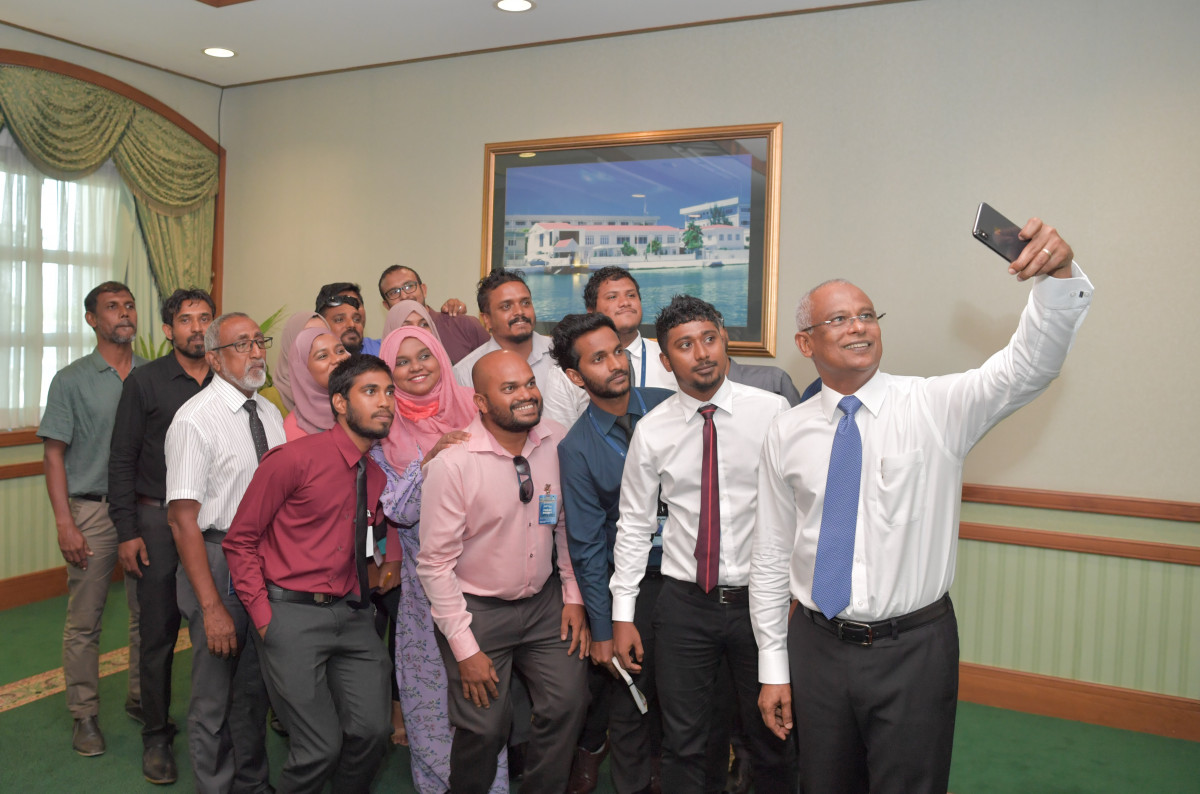Malé, Maldives – Attorney General’s Office (AGO) has sent the new amendment to the controversial Evidence Act which was ratified in July of this year to President’s Office.
The proposed amendment to the Evidence Act comes in response to concerns raised by media rights organizations regarding provisions within Article 136 of the bill where the court can compel journalists and media outlets to reveal their sources in cases related to “acts of terrorism” and “national security-related matters”.
Under the article, the disclosure of a source is mandatory if the court finds no negative impact or significantly less negative impact to the source or others even if the source is revealed and; if the impact of revealing a source does not significantly impact the ability of journalists to find sources of factual information.
The new amendment proposal drafted by the office of the Maldivian Attorney General clarifies the circumstances under which journalists are required to reveal their sources and further defines the terrorism and national security aspects of the bill after concerns were raised by the local media community. The Attorney General said that the proposed amendments were drafted in consultation with the MJA and the Maldives Editors Guild, among others.
In a statement, the MJA however opposed the continued inclusion of ‘national security related matters’ in the bill and urged the office of the Attorney General to make further changes before the presentation of the proposal in parliament by September 30.
President Ibrahim Mohamed Solih ratified the Evidence Act (Act No. 11/2022) in July 2022 after the parliament passed the bill at the 22nd sitting of its second session on June 30, 2022.
President Solih rarified the bill disregarding requests by the Maldives Journalist Association (MJA) and Editors Guild to amend the bill to clarify and narrow down exceptions where sources may be disclosed.
International media also raised alarm upon passing of the bill by the Maldives parliament.
Article 136 [of the Evidence Bill] empowers authoritative powers to exploit it … We urge to remove “national security” as a provision to compel journalists to reveal sources.
MJA, Editors Guild
MJA and Editors Guild also noted that such vaguely worded laws are used by those in power to abuse the press in the past and ratifying the law as is will be a significant step backwards in the Maldives press freedom.
In addition to the local organizations, multiple international organizations have also called on the government to rescind and revise the bill.
… Current President Ibrahim Mohamed Solih should not sign this bill into law.
Human Rights Watch
Human Rights Watch has also called on the administration and parliament to go back to square oneand consult with journalists, media organizations, human rights lawyers, and other interested parties to amend the law regarding the revealing of sources and urgently restore the Maldives’ hard-won press freedoms.
Notably, Maldives dropped 15 places in the World Press Freedom Index with the then only proposed Evidence Act, one of the main reasons for the decline.





